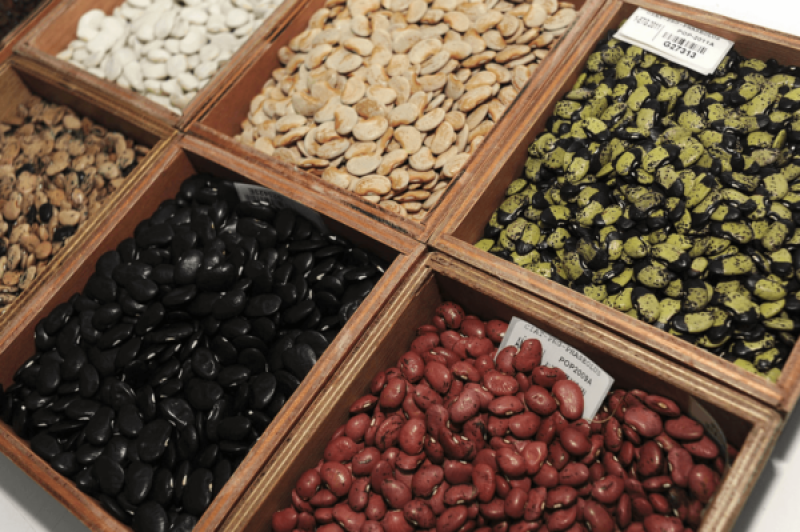Just four massive corporations sell more than half of all seeds on a global basis, and for many staple commodity crops like corn, soy, canola, and cotton, just two giants sell the lion’s share of seeds in the U.S. Along with seed sales, these giants control seed-breeding programs and use patents and onerous licensing agreements to lock up their genetics and popular patented traits. This severely limits how new, small, or public seed breeders can create new crop varieties and shrinks the number of options for commodity crop farmers, pushing them to buy costly brand name products.
Seed corporations say IP is essential to incentivizing costly research and innovation, which ultimately benefits farmers by inventing new, high-yielding products. But economic studies cited by USDA argue that “much of [the] benefits from private R&D may not accrue to the farm sector at all but accrue as profits to the input supply industries.”
…
Thus, to protect plant biodiversity and promote innovation in the face of a changing climate, USDA recommends investing in public seed breeding programs and partnerships with non-profits or small, independent breeders.































